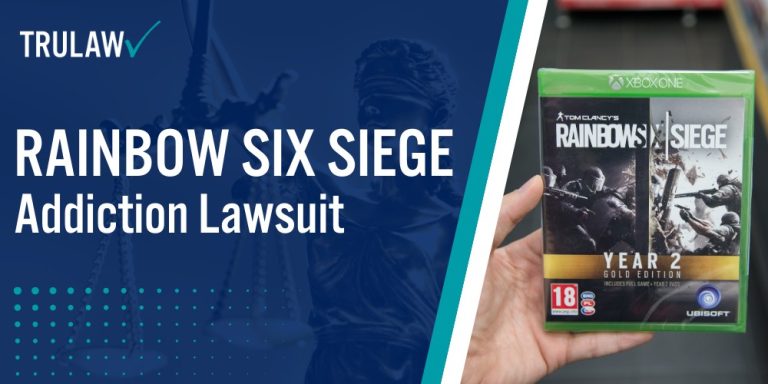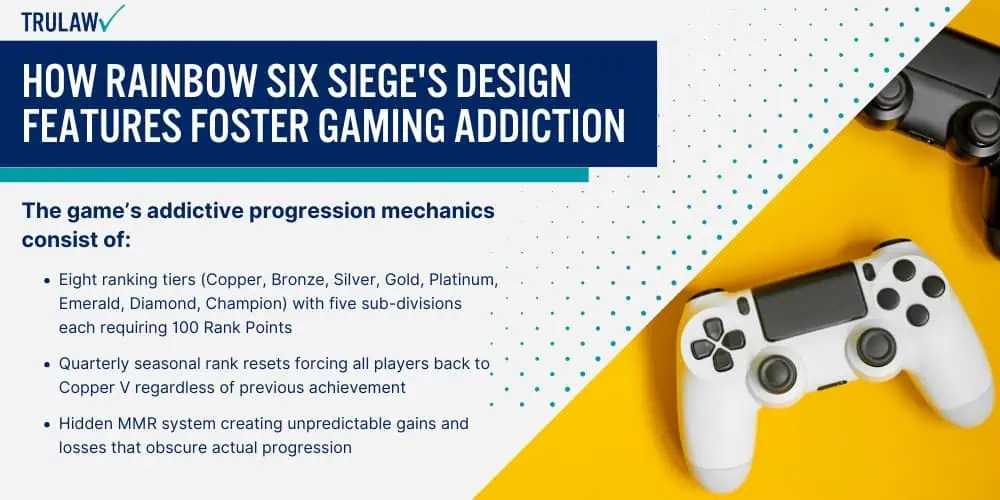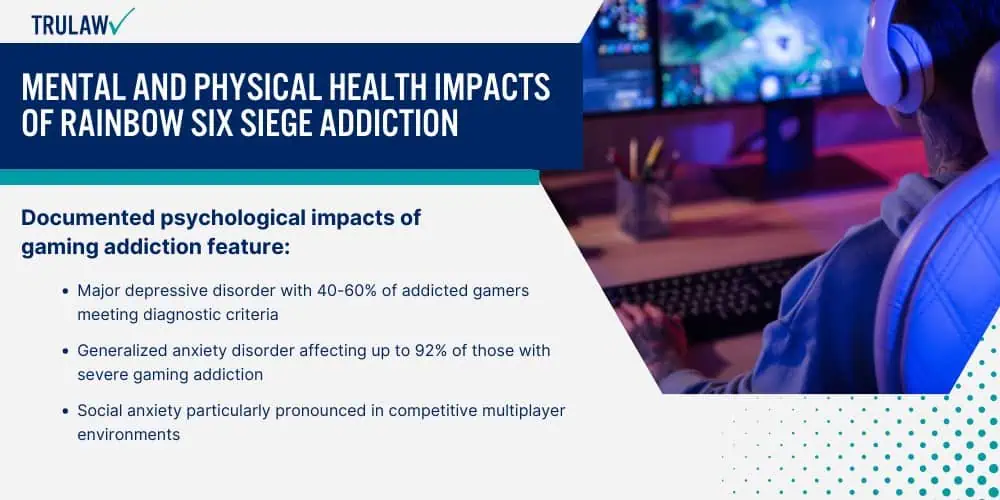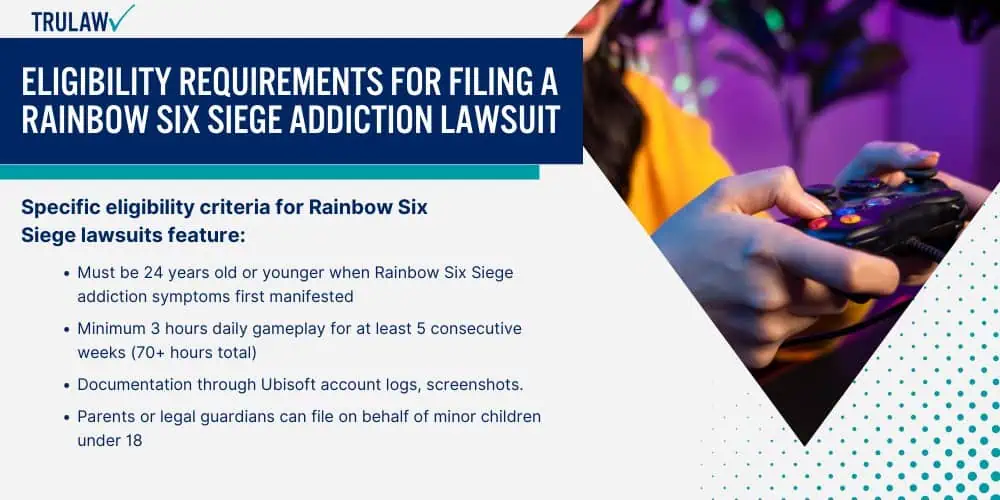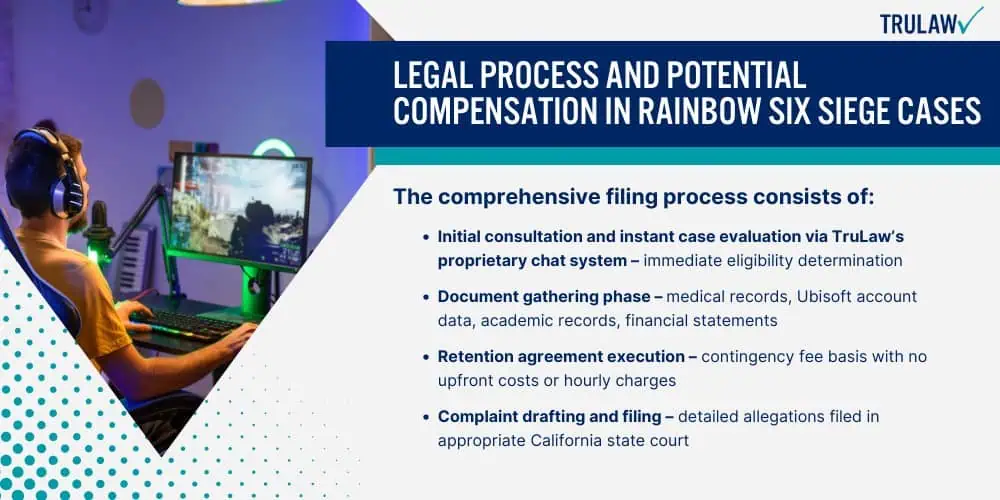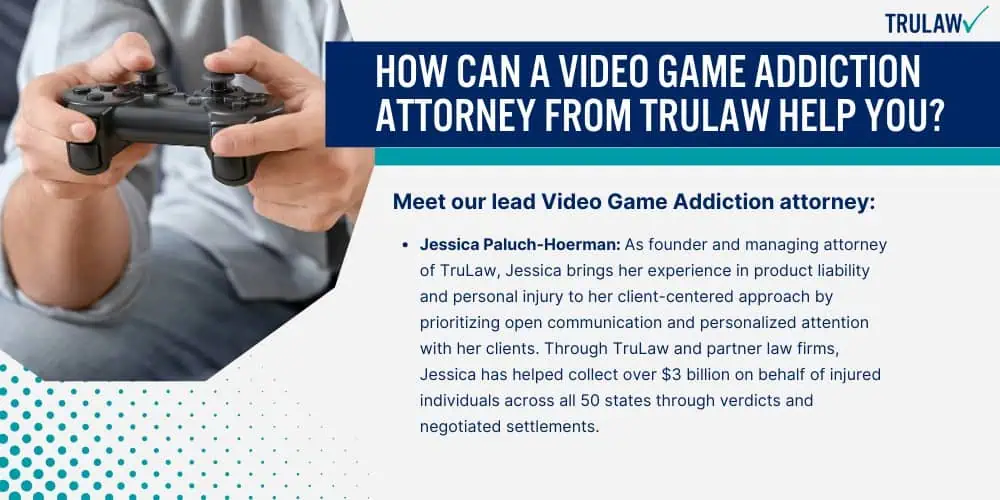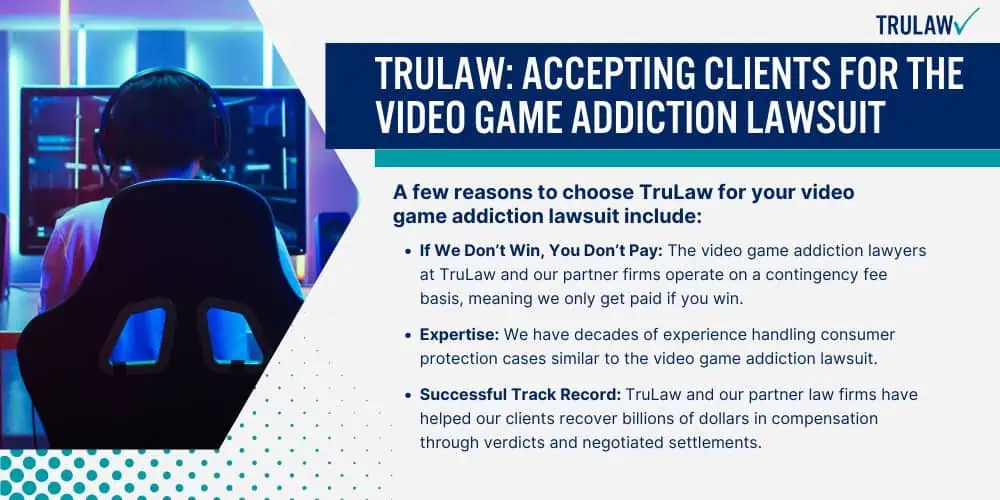The consolidation of cases under Judge Samantha P. Jessner in Los Angeles Superior Court represents the judiciary’s recognition of these claims’ legitimacy and the need for coordinated legal proceedings.
As of August 2025, over 100 video game addiction cases have been consolidated in JCCP No. 5363, with Rainbow Six Siege cases joining litigation against other major titles including Fortnite, Call of Duty, Minecraft, and Roblox.
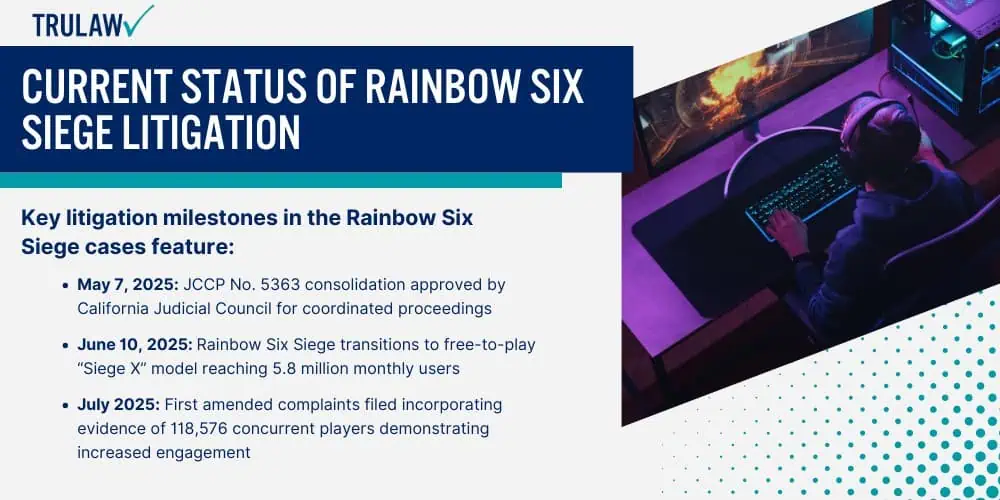
This coordinated proceeding streamlines pretrial processes, allowing plaintiffs to benefit from shared expert testimony, scientific studies, and medical evidence while maintaining individual claims for specific damages.
Key litigation milestones in the Rainbow Six Siege cases feature:
- May 7, 2025: JCCP No. 5363 consolidation approved by California Judicial Council for coordinated proceedings
- June 10, 2025: Rainbow Six Siege transitions to free-to-play “Siege X” model reaching 5.8 million monthly users
- July 2025: First amended complaints filed incorporating evidence of 118,576 concurrent players demonstrating increased engagement
- August 2025: Discovery phase begins with document production requests targeting internal Ubisoft communications
- October 1, 2025: Deadline for existing plaintiffs to submit all required documentation or face automatic case dismissal
- Ongoing: Additional cases filed weekly as awareness spreads among affected families
Cases continue to be filed with increasing frequency as more families become aware of their legal rights and the legitimacy of gaming addiction claims gains judicial recognition.
The transition to free-to-play in June 2025 through the “Siege X” update may actually strengthen plaintiffs’ claims by demonstrating Ubisoft’s increased reliance on addictive monetization strategies, as the free-access model depends entirely on keeping users engaged long enough to convert them to paying customers.
This business model shift provides additional evidence that player retention through psychological manipulation is central to Ubisoft’s revenue strategy, potentially supporting claims of intentional design choices that prioritize profit over player wellbeing.
Connection to Broader Video Game Addiction Lawsuits
Rainbow Six Siege cases fit within the larger pattern of litigation against major gaming companies including Epic Games (Fortnite), Activision Blizzard (Call of Duty), Microsoft (Minecraft), EA Sports (FIFA), and Roblox Corporation.
These coordinated proceedings allow families across the United States to pursue justice against an industry that allegedly prioritizes engagement metrics and revenue over the mental health and wellbeing of young players.
The consolidated approach enables plaintiffs to leverage collective legal expertise, share discovery materials, and develop consistent theories of liability that address industry-wide practices rather than isolated incidents.
Parallel video game addiction litigations currently proceeding (among others):
- Fortnite addiction cases against Epic Games (battle royale mechanics and V-Bucks system)
- Call of Duty addiction cases against Activision Blizzard (prestige systems and seasonal content)
- Roblox addiction cases against Roblox Corporation (user-generated content and Robux currency)
- FIFA Ultimate Team cases against EA Sports (loot box mechanics and player packs)
- Overwatch addiction cases against Blizzard Entertainment (loot boxes and competitive rankings)
- Minecraft addiction cases against Microsoft/Mojang (creative mode and server communities)
The coordinated approach allows plaintiffs to pool resources, share expert witnesses specializing in addiction psychology and neuroscience, and develop consistent legal theories addressing common industry practices.
These cases may establish important precedents for the gaming industry’s duty of care toward vulnerable players, particularly minors whose developing brains make them especially susceptible to addiction mechanics.
As litigation progresses, the combined evidence from multiple gaming platforms demonstrates a pattern of industry knowledge about addiction risks and deliberate implementation of harmful design features across competing companies, suggesting coordinated exploitation of psychological vulnerabilities for profit.
